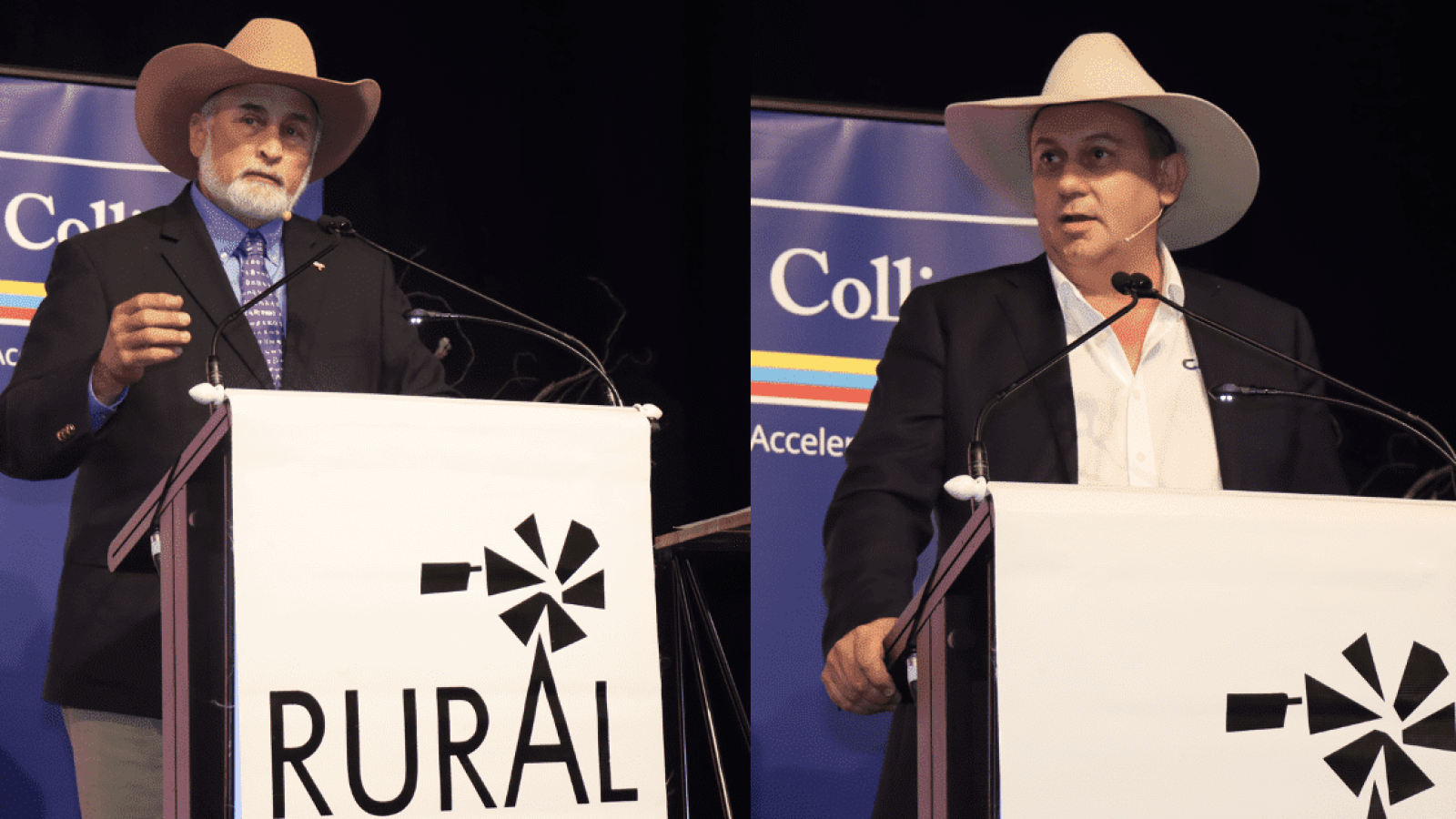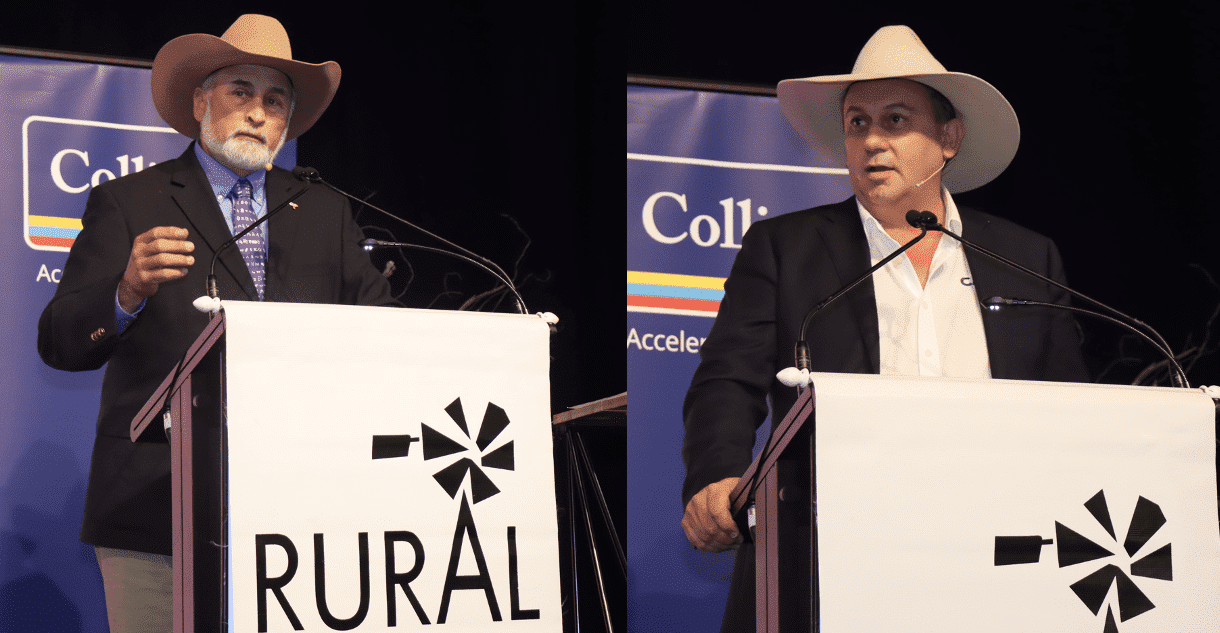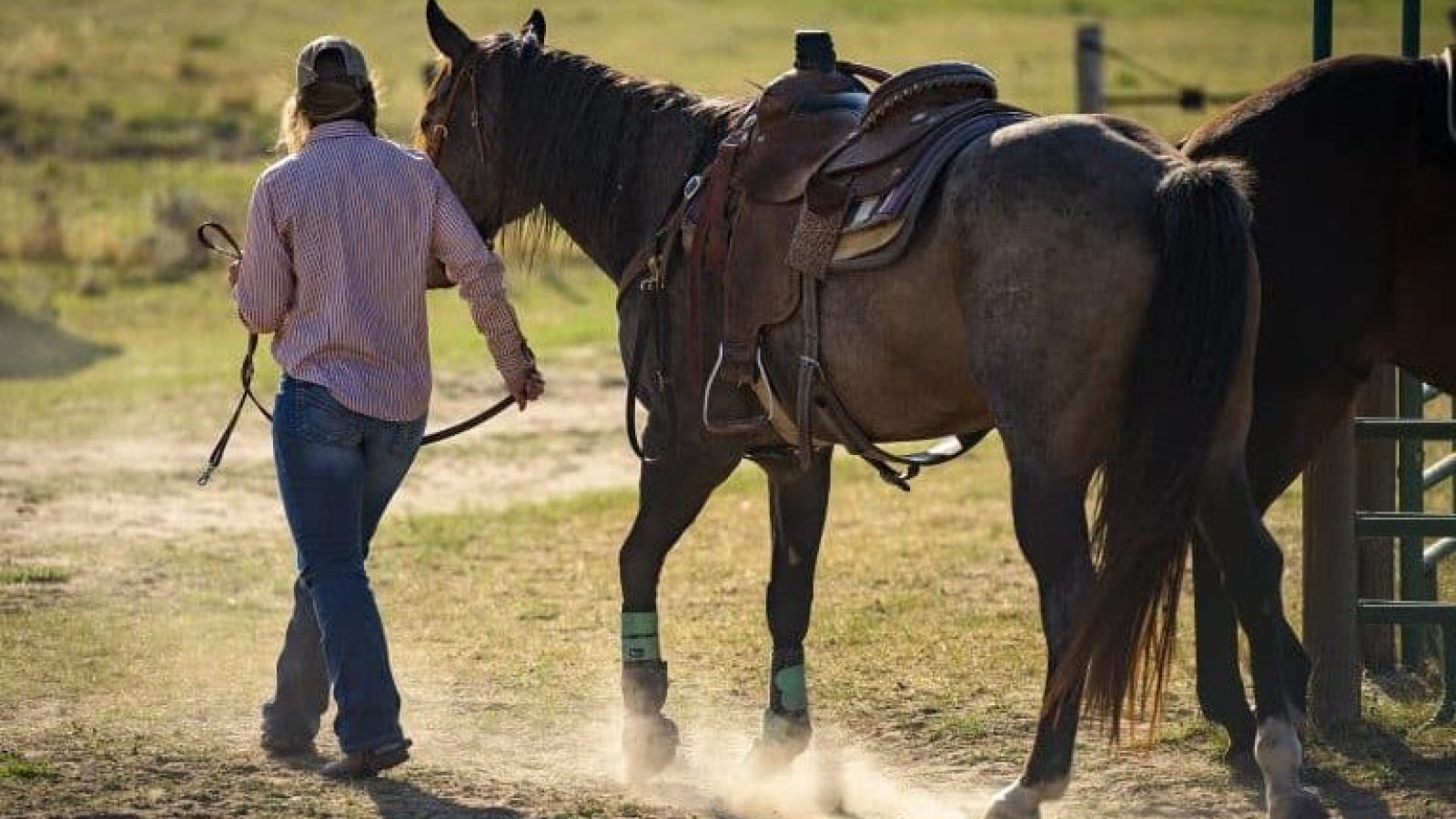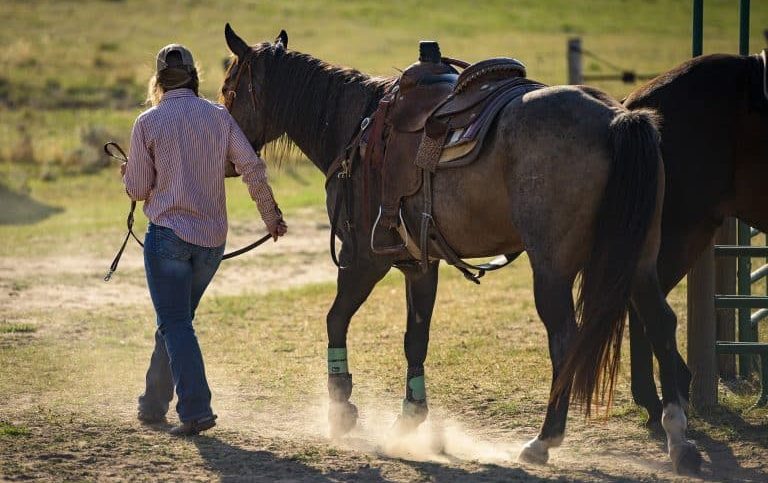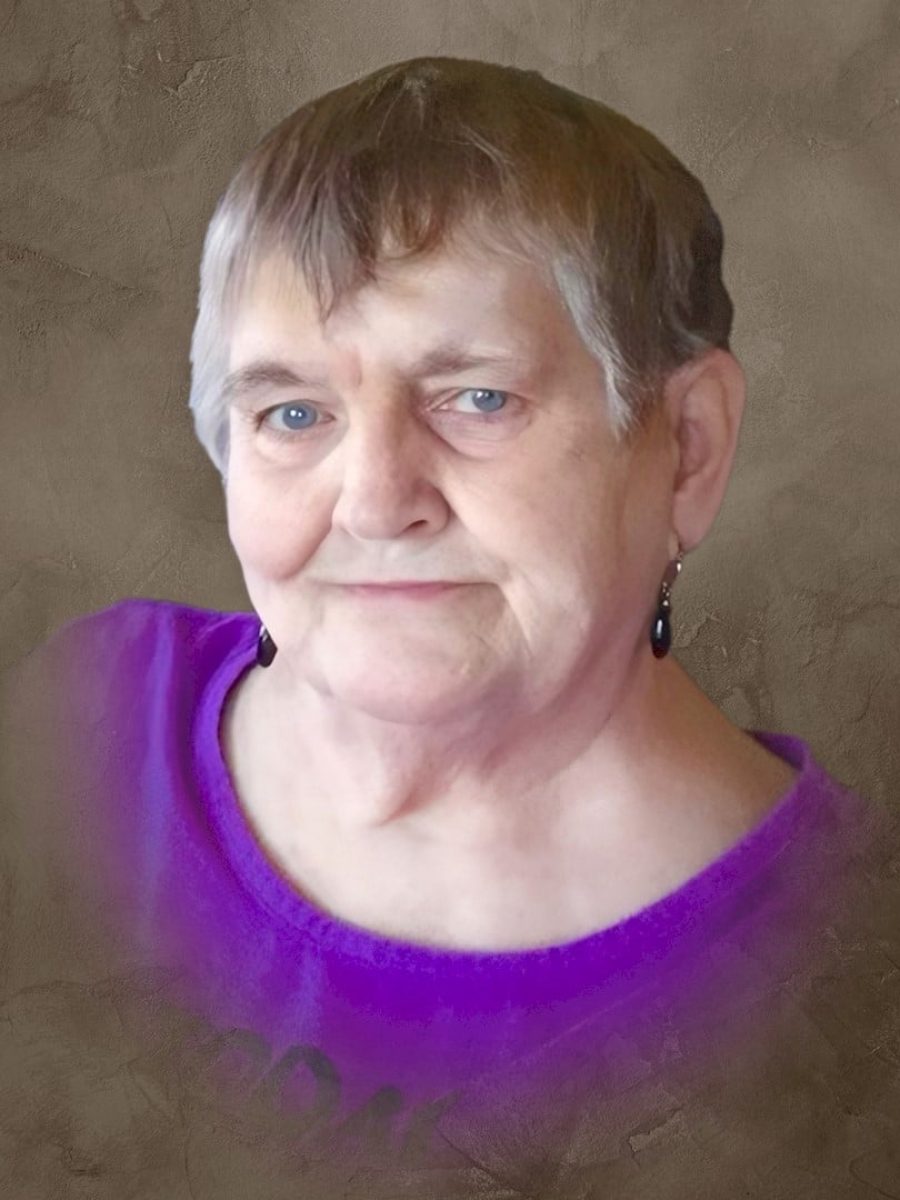STURGIS, S.D. – A massive warmup hit areas of the country this past week, including parts of South Dakota that were buried in snow before temperatures started to climb. The state along with other parts of the country now face the potential for prolonged flooding. Forecasters are also watching for the potential of widespread frost and freeze that could damage crops that are planted further south, including winter wheat.
Drew Lerner of World Weather, Inc says a preliminary system of coolness will hit first, but he’s more concerned about the potential for wider spread frost and freeze later this week. Current models are conflicting on just how cold it will get, as well as how much of the U.S. will see the cold weather set in.
“It’s really up for debate,” says Lerner. “It’s still not set in stone. Models are not consistent with the cold. It’s definitely on the charts. Some days, we see it in two pieces, some days, we see it in one; sometimes it’s more broad-based than others. The reason why we [World Weather] feel confident that it is going to be there, though, is because this pattern has repeated about every 62 days.”
Lerner says a similar weather pattern hit in mid-October, mid-December and Mid-February. Each time, the pattern looked like an innocent cooler mass, but then as it got closer to time, it became much broader—and much colder.
“Now, don’t get ahead of me here. I’m not suggesting we’re going to see freezes in Louisiana,” says Lerner. “But we could see some significant coolness. I believe, though, the strongly negative Pacific Decadal Oscillation (PDO) that we have right now is going to fight against the cold. So, we should limit it to the northern and central parts of the Midwest, is what I’m saying right now. And it’s not ready to be set in stone. But they may be down to northern Missouri and central Illinois, maybe even southern Indiana and southern Ohio.”


